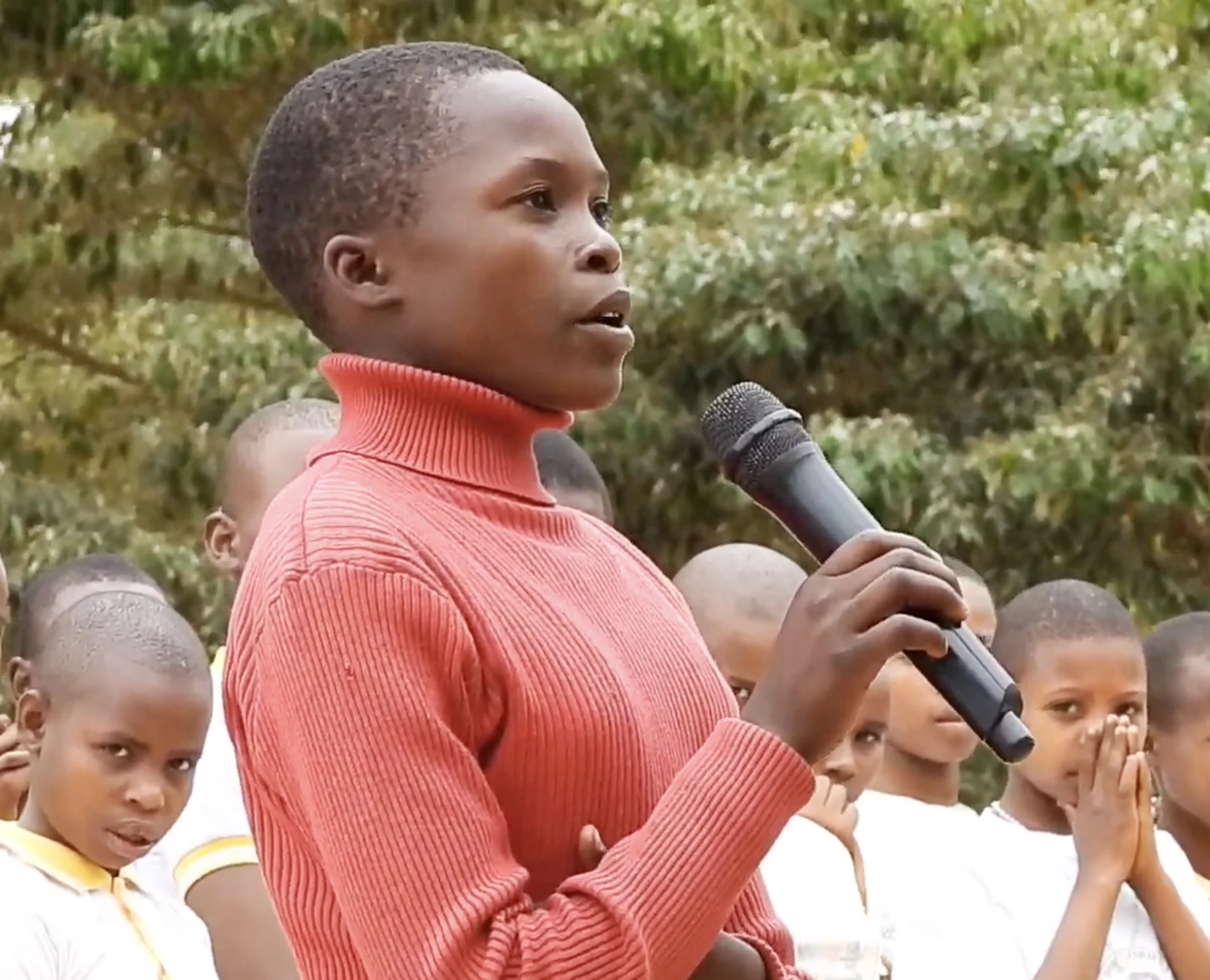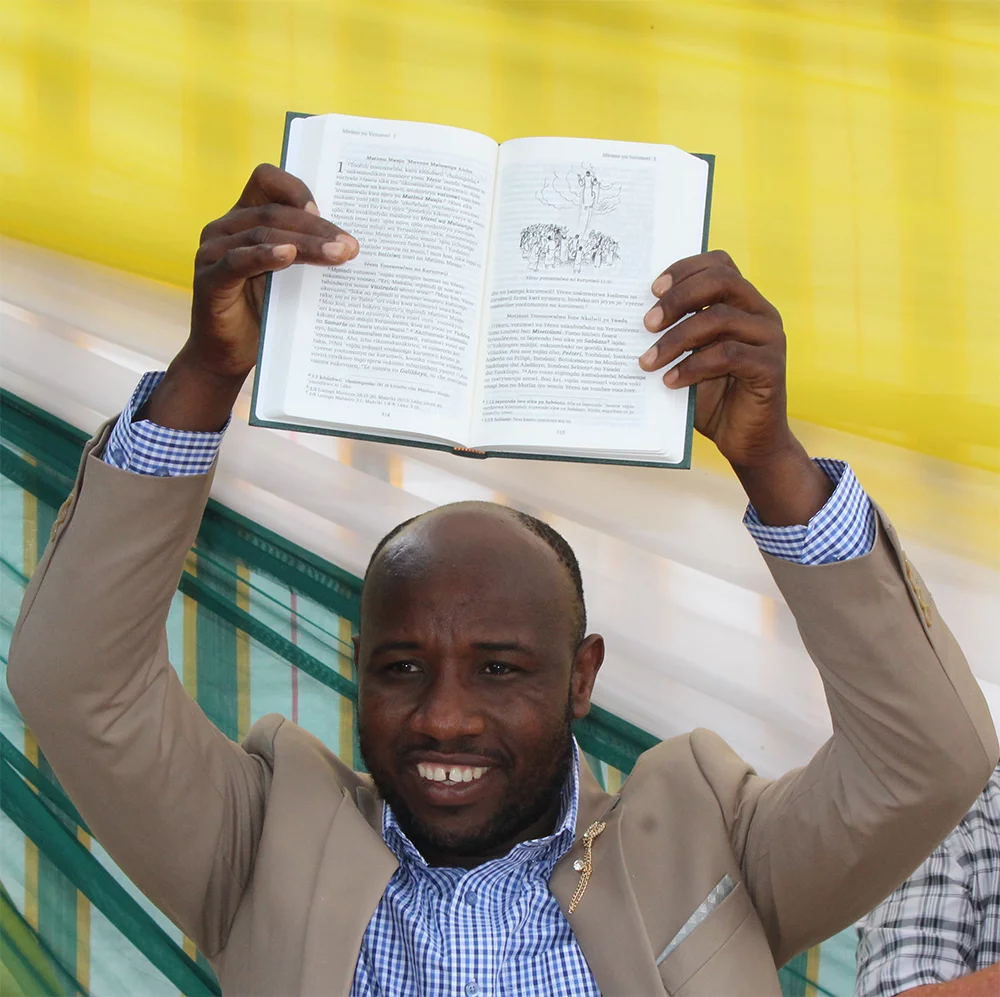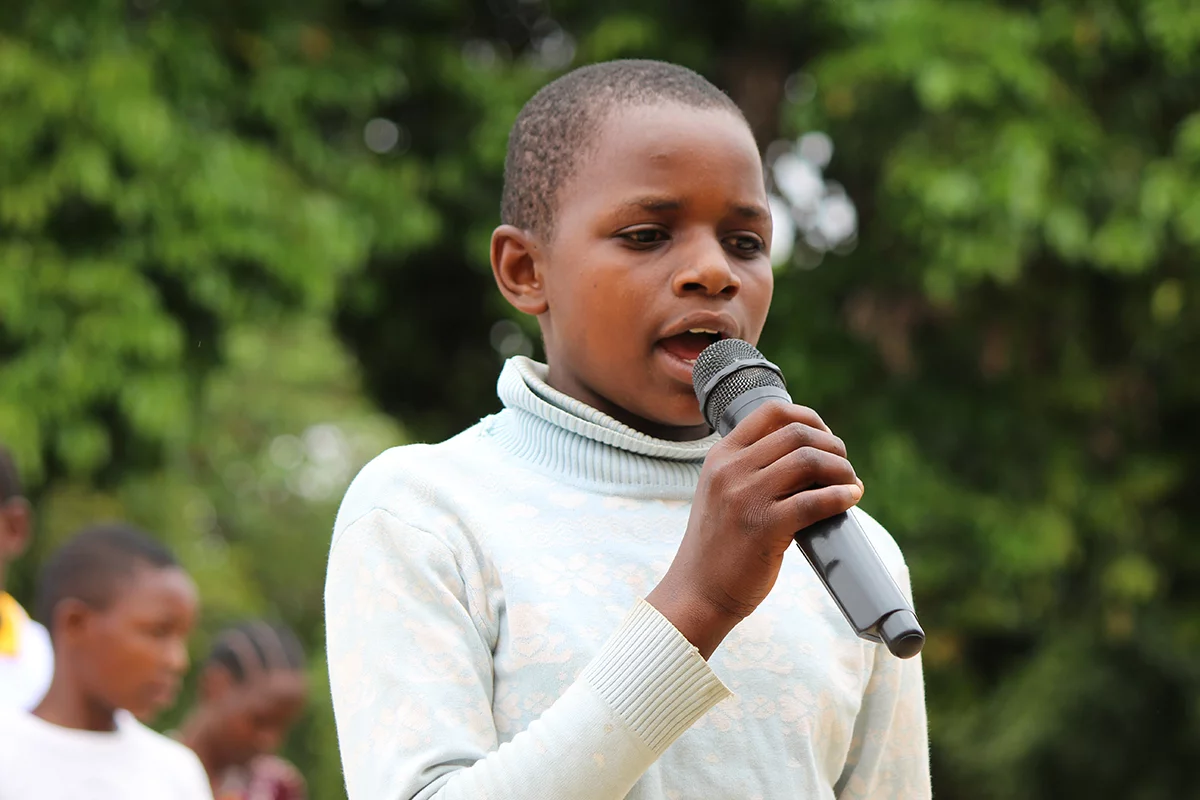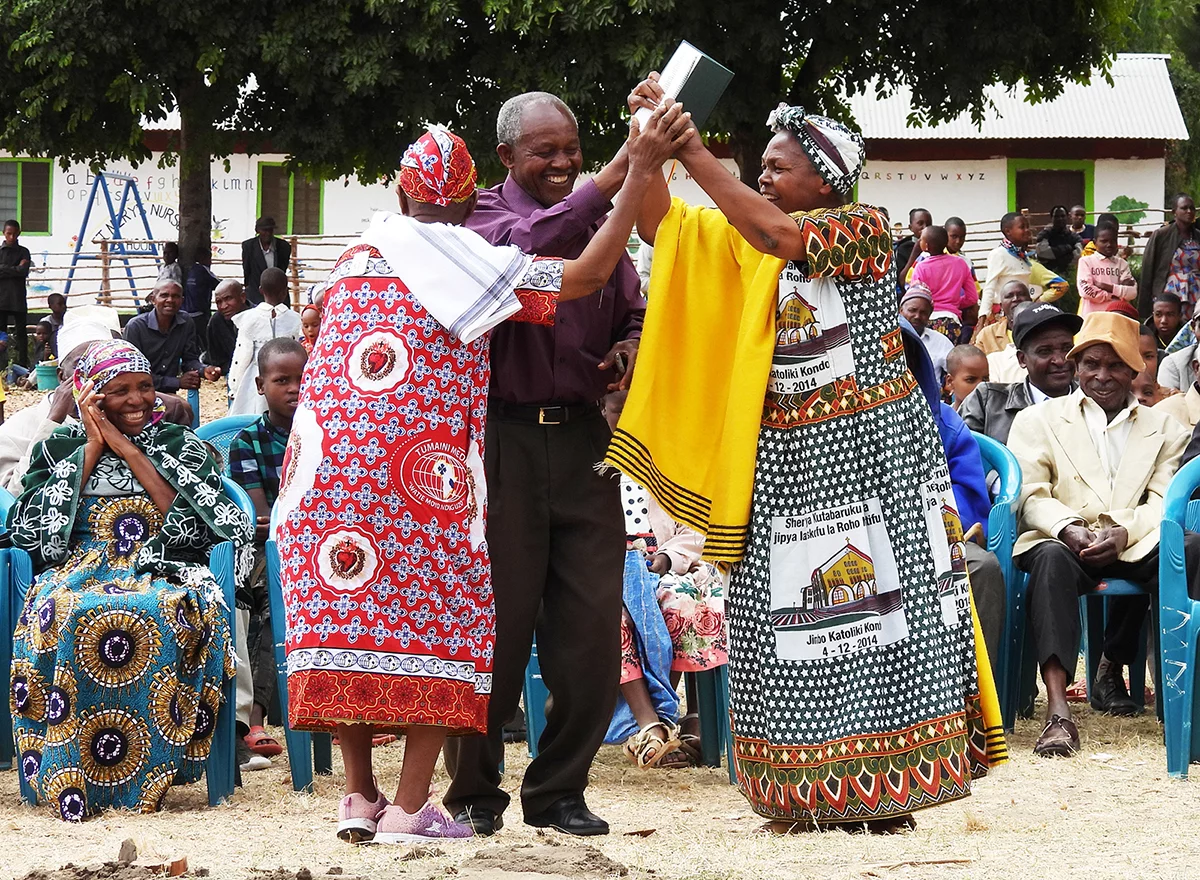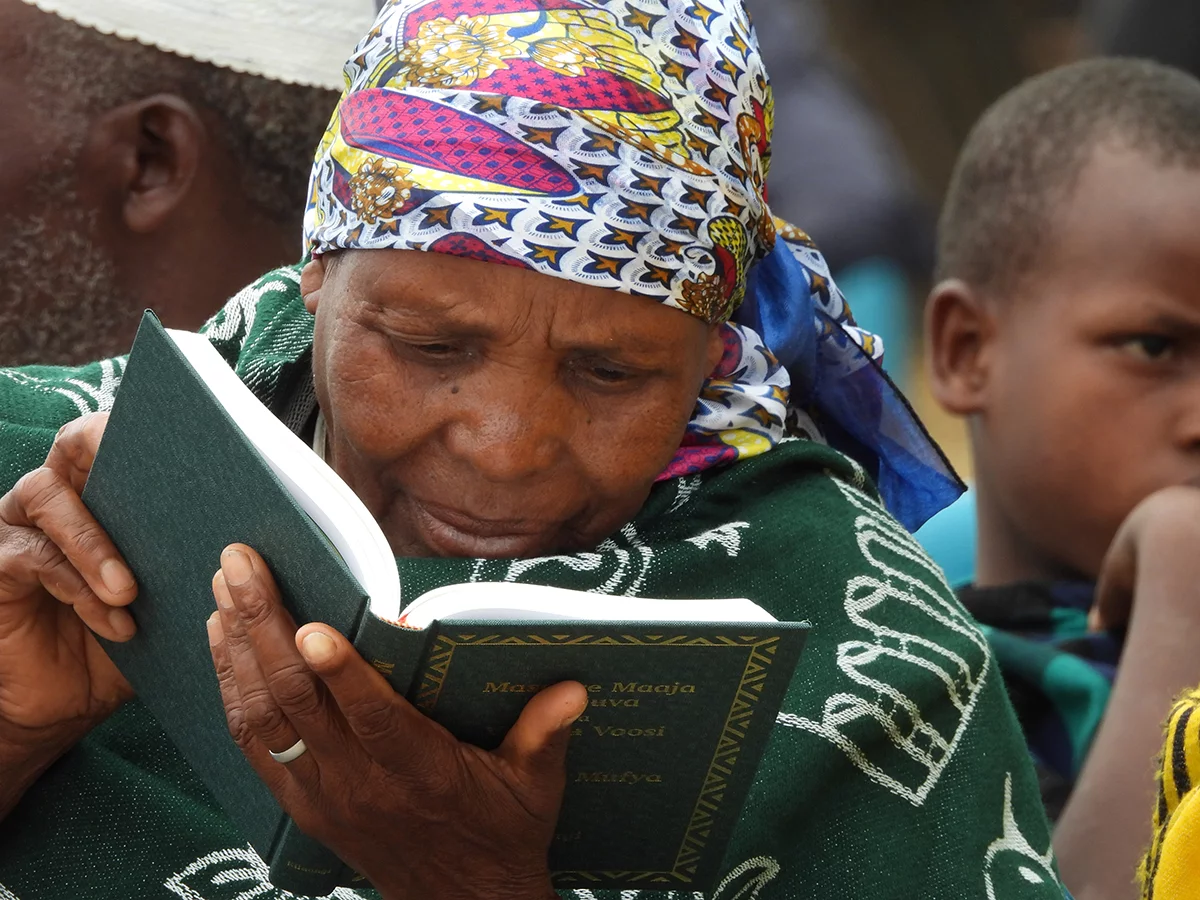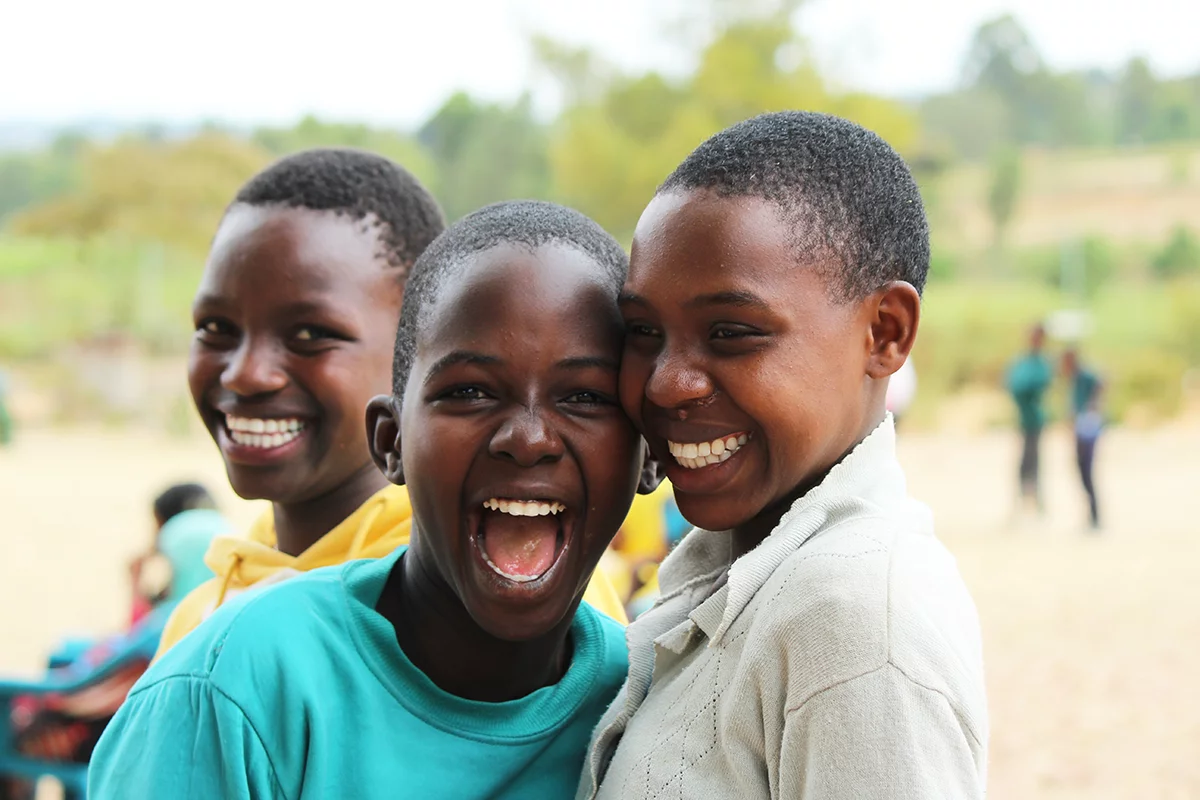Recently, I was part of a choir that had to sing a famous hymn.
We began with a verse in English, followed by a verse in French. The next verse was in Swahili, and the final one in Igbo. Apart from the English verse, none of them were easy, and some were considerably more difficult than others.


